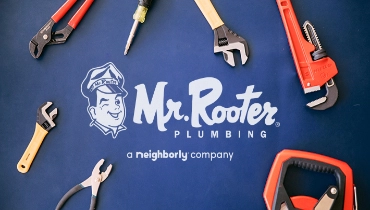Plumbers can quickly fix these nuisances and prevent them from returning quickly. Over-the-counter products often do not address the underlying cause.
Learn moreOur Central Oregon Plumbing Blog
Shared Resources for Your Home Needs
All Blogs
Oct 21 2024
Aug 30 2024
How Do I Find the Right Plumber for Me? Just as you may rely on a skilled car mechanic to keep your cars in working order, a reliable
Learn more
Aug 30 2024
Stop Wondering What Plumbers Do. We Have the Answers! Plumbers keep homes in Central Oregon functioning. In many cases, they prevent
Learn moreBlog Categories
Let Us Call You
Blog Categories
About Mr. Rooter Plumbing

Since the original Mr. Rooter was founded in 1970, the company has remained committed to a set of core values that are rooted in performing quality work at honest prices. Nearly half a century later, the original Mr. Rooter business is still servicing homes and businesses in and around Oklahoma City. It’s still independently owned and operated with strong ties to the community that made it all possible.
